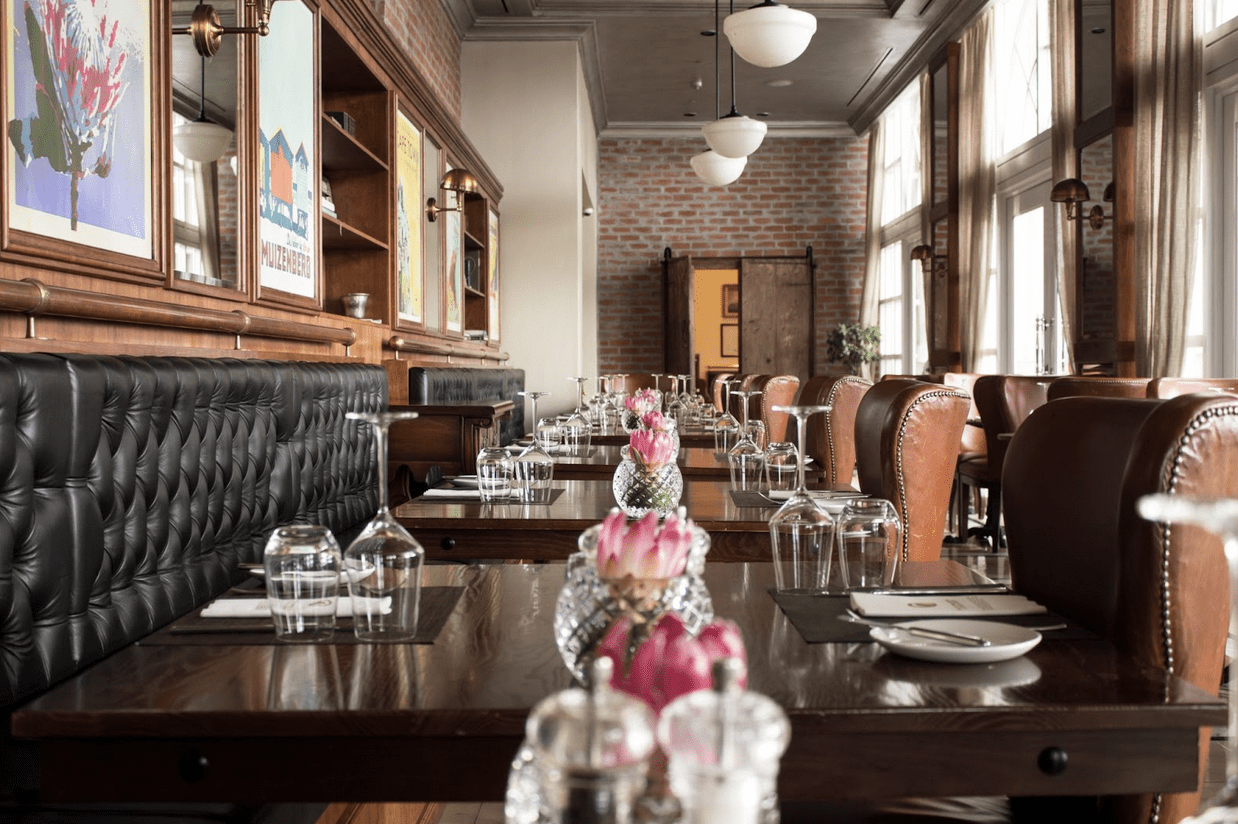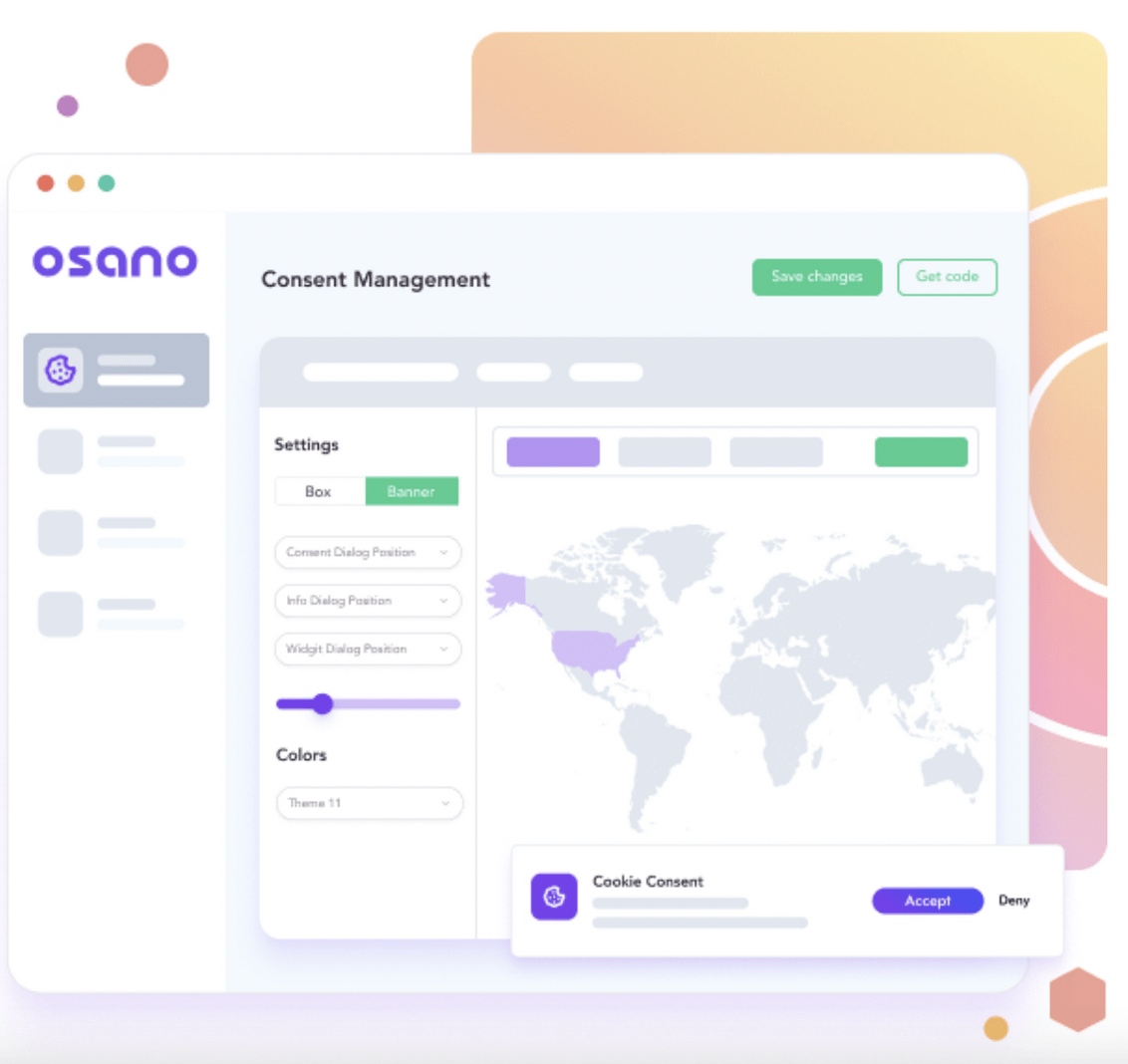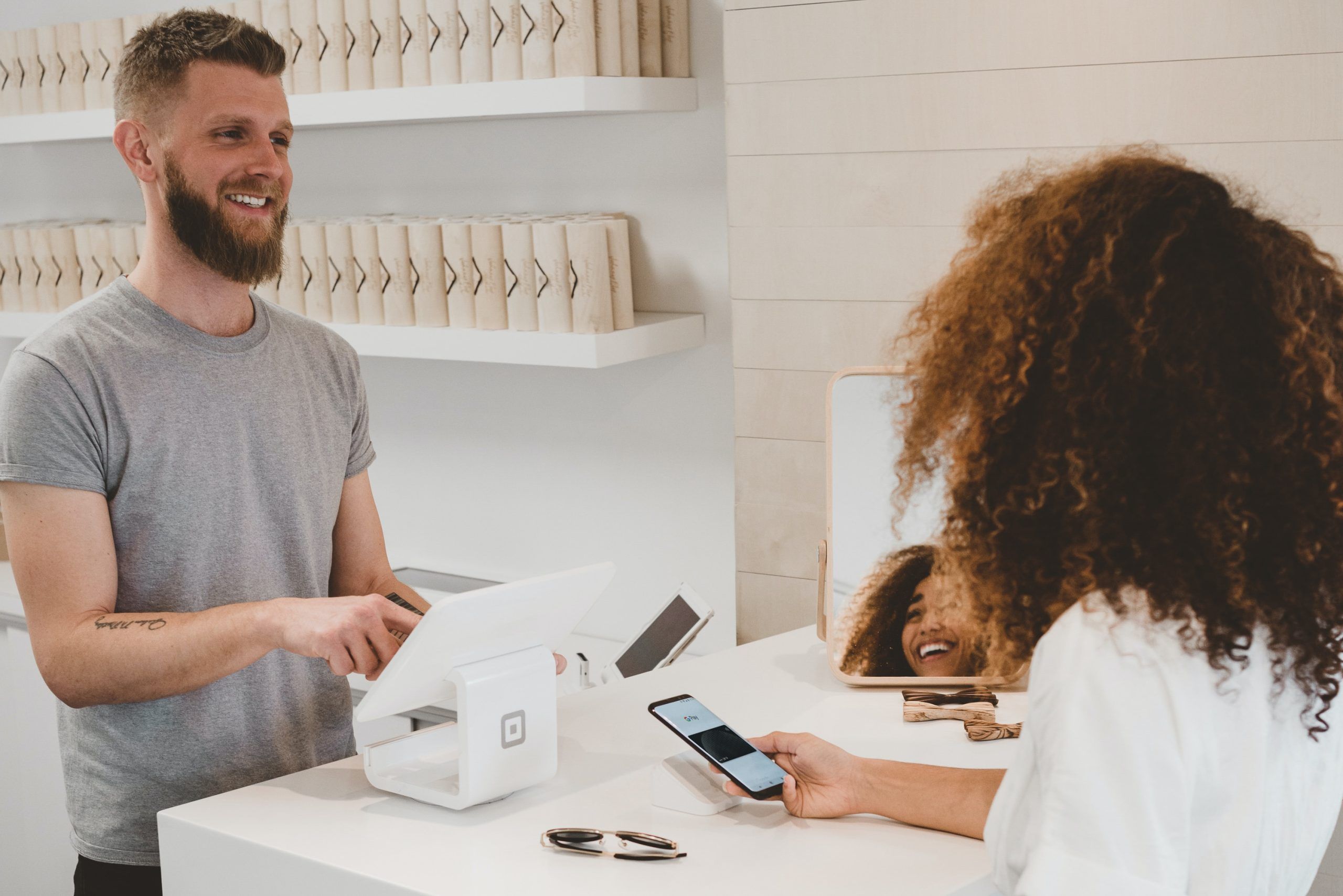Data for any business is an asset that’s worth having in bucket loads. Customer data is helpful in deciphering who your customers are, their behavior, and their interactions with the business itself.
In what is a competitive industry, restaurants need a deep understanding of their customers so that they can elevate their dining experiences.
There’s still a rising demand for restaurants, with a survey finding 42% of adults not eating on premises at restaurants as often as they’d like to.
Having knowledge of this customer data is certainly beneficial in many ways, which is why your restaurant needs to be doing the work to gather this data in 2023.
In this guide, we’ll look at the importance of data collection, why restaurants rely so much on customer data to thrive and top tips on how to collect that data for your business.

Table of contents:
- The importance of data collection for businesses in 2023
- 5 reasons restaurants rely on customer data
- 1. It helps with smart decision-making
- 2. Increases marketing effectiveness
- 3. Provides a wealth of customer insights
- 4. Enhances customer experiences
- 5. Improves customer retention
- Top tips on how to collect customer data for your restaurant business
- FAQs
The importance of data collection for businesses in 2023
Why is data collection so important for businesses in 2023? In today’s digital age, it’s challenging for a business to make productive steps in growth and success without data.
Gathering data is crucial for harnessing the full potential that your business has on the market right now. It’s a helpful resource to have in order to build upon what you already have and what you’d like to achieve moving forward.
Improved decision making
With access to customer data, you have a better understanding of what customers are after and what might be missing from the day-to-day running of your restaurant. Perhaps it’s an outdated menu that needs more options or it could be encouraging your staff to upsell on entrees or desserts.
Data helps with decision-making and those decisions are crucial to the growth of your restaurant business.
Improved knowledge of your customers
Improved knowledge of your customers is essential because not only does it help with decision-making, but it also works to increase engagement.
It helps to know more about your customers, what their pinch points are when it comes to your restaurant, and what you might be able to do to resolve these issues. With access to that data, it offers a greater sense of responsibility and ownership that could help greatly in the expansion of your business.
Cost savings
What business doesn’t want to save themselves some cash? Access to data is a great way for organizations to make decisions that either reduce their outgoings or ensure they’re better spent. For restaurants, they’re dealing with a lot of cost variables from ordering in stock to paying employees.

From headcount reductions on days when the restaurant isn’t as busy, to being selective with stock so that you don’t end up with too much waste. It all helps towards saving money.
Talking of waste, the National Resource Defense Council estimates that restaurants generate between 22 to 33 billion pounds of food waste each year. Data ownership is useful for helping manage inventory effectively and helps save on the amount of waste your business is producing.
5 reasons restaurants rely on customer data
Why is customer data so important when it comes to restaurant businesses? Well, just like any company, data is a hot commodity nowadays that gives you a deeper dive of insights into your business.
Whether that be financial insights to customer behaviors, many restaurants will come to rely on this data to help grow their business over time. Here are five reasons why restaurants rely on customer data.
1. It helps with smart decision-making on restaurant profit margins
Owning your customer data as a restaurant business is advantageous as it’s already been mentioned above.
The information that you gain as a business can provide a more comprehensive viewpoint of your customers. Not only that but it can be extremely helpful when you want to learn more about restaurant profit margins and how they’re impacting your business development.
The decisions you make when it comes to money make the difference between surviving another year and having to close due to significant losses.
Where money is involved, your decisions may positively or negatively impact the profit you make. Within the food industry, there are a lot of upfront costs and sometimes no guarantee of returns for those costs. Being able to optimize all areas of the business from this perspective is helpful to keep your business running.
2. Increases marketing performance
With the use of customer data, your company’s marketing strategy and performance are likely to improve as a result. It helps to create more targeted campaigns and promotions due to the insights you get from prior marketing efforts and customer engagement.

According to one survey, 40% of brands plan to increase their data-driven marketing budgets. As a restaurant, it pays to invest in your marketing and advertising, otherwise, a lack of promotion might mean less footfall coming through your doors.
By understanding what your customers want and need, your restaurant can tailor its promotions to improve customer interactions.
3. Provides a wealth of customer insights
Data is a great way of learning more about your customers. Depending on the type of niche or restaurant business you own, you may have one type of customer or it’s more likely you’ll have multiple.
With the use of data, you can create something called a buyer persona. A buyer persona is representational of your company’s ideal customer. It’s based on the data you have when it comes to basics like the demographic and age of the customer, to the habits and behaviors they’ve displayed when interacting with your business.
The creation of buyer personas is useful because it gives a more detailed insight into your customers, which will help when tailoring your restaurant experiences to their needs.
4. Enhances customer experiences
Customer data is a great way of enhancing your customer experiences. With customer-centric experiences being said to be highly influential in today’s consumer market, restaurants are able to create a more personalized experience for the customer.
That will hopefully result in more customers coming back because of the positive experience they had in the first place.
There’s nothing better than a business being able to increase customer satisfaction, especially when it comes to the food in their stomachs.
5. Improves customer retention
If there’s anything you should be looking to improve when it comes to your restaurant’s success, it’s your customer retention rates. While new customers coming through your doors is equally important, retaining loyal customers is highly beneficial.
With the use of customer data, restaurants are able to build stronger relationships and increase customer loyalty through various personalization techniques. The longer you are able to retain your customers, the more they’ll be sharing the news of your existence with others close to them. That’s free advertising for your business.
Top tips on how to collect customer data for your restaurant business
Use feedback forms and surveys
Guests at your restaurant should have the option of providing feedback, that way they don’t feel forced. They’re also more likely to fill in your feedback forms or surveys if you’re offering something for them in return. That could be 10% off their bill or a free meal for their next visit.

An expert in improving company net performance score (NPS) found in his research that incentives increase the customer feedback score by 4% – so make sure you do it.
Be wary of laws surrounding data privacy
When collecting customer data, be mindful of what data you can collect and what data privacy laws you fall under. That goes for both your business and where your customers are located. It’s worth understanding the EU-US data privacy framework in order to remain fully compliant when collecting, storing, and using data correctly.
Introduce a POS system
A POS system otherwise known as a point-of-sale system, is software that many businesses use nowadays to collect data. It serves as a centralized dashboard to make sales, accept payments, and checkout your customers.

Not only that but it can handle stock, manage employee profiles, and more importantly, collect data on all of your customers.
If you’ve not already introduced a POS system to your restaurant establishment, then it’s a must-have. These systems are also useful for companies that own multiple venues and want to manage them all from one place.
FAQs
What kind of customer data can restaurants collect?
Restaurants are able to collect a variety of data. These include contact information like their name, phone number, and email address. Demographic information like their location, gender, and age. They can also collect preferences such as their go-to dishes, attendance, and spending habits.
How can restaurants use customer data?
With customer data, restaurants can use this information in many ways, including:
- Sending out personalized restaurant promotions
- Tailoring menu items
- Analyzing data patterns to make better business decisions
How can restaurants ensure the security of customer data?
With cybercrime on the rise, any business needs to be mindful of security over customer data. As a restaurant, protecting your customer data is important. Consider encrypting customer data, limiting access to data to only authorized personnel, and regularly educating staff on data privacy.

